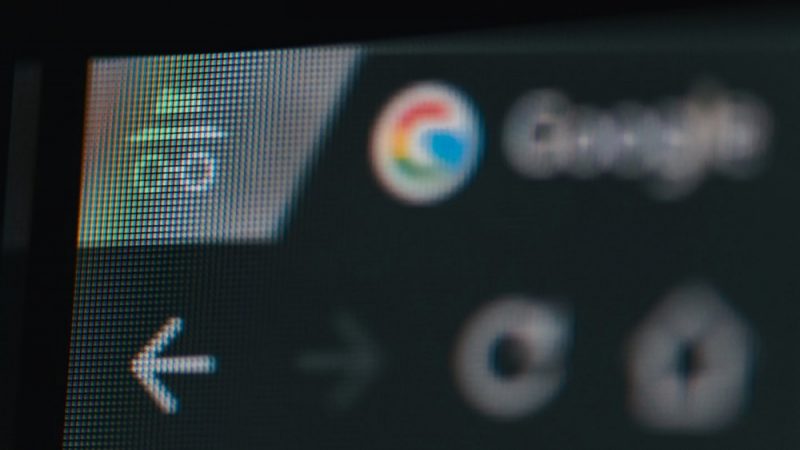Google clarifies Chrome’s ‘Incognito Mode’ isn’t as private as you might think

Google Chrome’s Incognito mode isn’t necessarily as private as it might sound, but for years, users could be forgiven for thinking otherwise. Ahead of a pending $5 billion class action lawsuit settlement, Google is beginning to clarify its data usage policies to highlight the ways it and others may still monitor your internet activity—even while in Incognito.
As first spotted by MSPowerUser earlier this week, Google has quietly updated Incognito’s start page in Chrome’s developer channel, Canary. Many Chrome changes are first tested through Canary, implying a public Incognito update is likely forthcoming. Incognito’s public disclaimer for users currently reads:
Now you can browse privately, and other people who use this device won’t see your activity. However, downloads, bookmarks, and reading list items will be saved.
Switching to the private browsing tab while in Canary, however, now offers the following message:
Others who use this device won’t see your activity, so you can browse more privately. This won’t change how data is collected by websites you visit and the services they use, including Google. Downloads, bookmarks, and reading list items will be saved.
According to both versions of the start page explainer, websites are still capable of tracking your activity, and your data may remain accessible to your employers, schools, internet service providers, and other third parties.
A class action lawsuit representing millions of users first filed in 2020 alleged Chrome analytics, cookies, and apps allowed Google’s parent company, Alphabet, to amass an “unaccountable trove of information.” This data potentially included “potentially embarrassing things” from users who believed Incognito offered a more comprehensive private internet browsing. In August 2023, a US District Judge tossed Google’s motion to dismiss the lawsuit, which was then scheduled to go to trial on February 4, 2024. News of a potential $5 billion settlement broke in late December, with both sides’ legal teams agreeing to a binding term sheet. Those terms will be presented for court approval by February 24. In the meantime, Google appears to be moving forward with its data usage clarifications through the subtle Incognito update.
Google’s fine print found on Incognito’s “Learn More” page offers additional details on what activity and data can and cannot be tracked in the mode. “[Incognito does not] prevent you from telling a website who you are,” reads one portion of the section. “If you sign in to any website in Incognito mode, that site will know that you’re the one browsing and can keep track of your activities from that moment on.” Google also claims it “discards any site data and cookies associated with that browsing session” upon closing out of Incognito mode, and that websites will not continue to offer personalized ads based on a private browsing session. But even so, signing into your Google service such as Gmail while in Incognito mode may still result in saved activity and information.
The lowkey rollout Incognito disclaimer edit arrives on the heels of Google finally moving forward with long-promised plans to begin phasing out cookie trackers in general. Earlier this month, the company announced roughly one percent of its users (around 30 million people) would participate in a “Tracking Protection” test that disabled cookies by default on Chrome. A full rollout of the 30-year-old data mining tool is scheduled to be completed by the second half of 2024. In the meantime, however, there are plenty of ways to better protect your internet surfing from accumulating unnecessary cookies.










